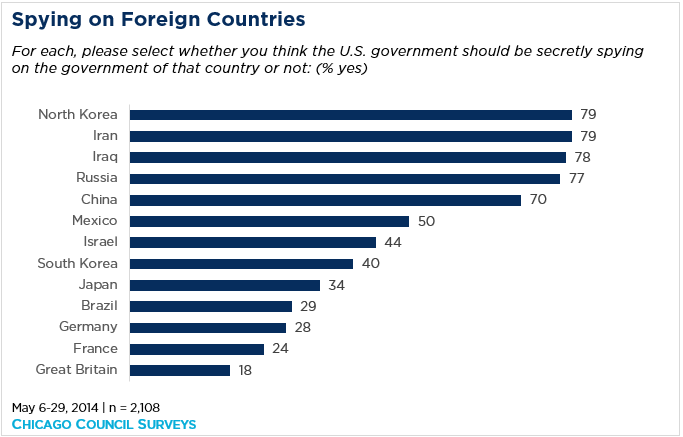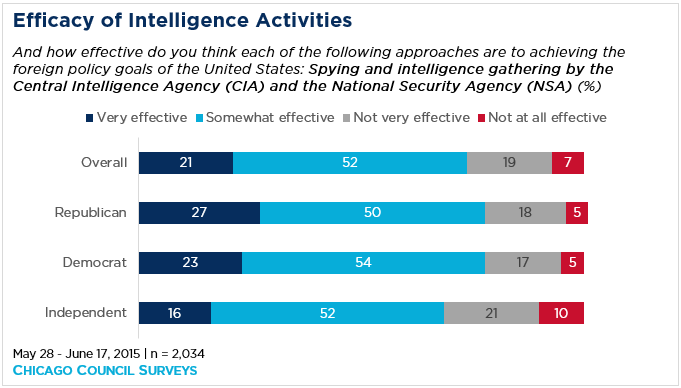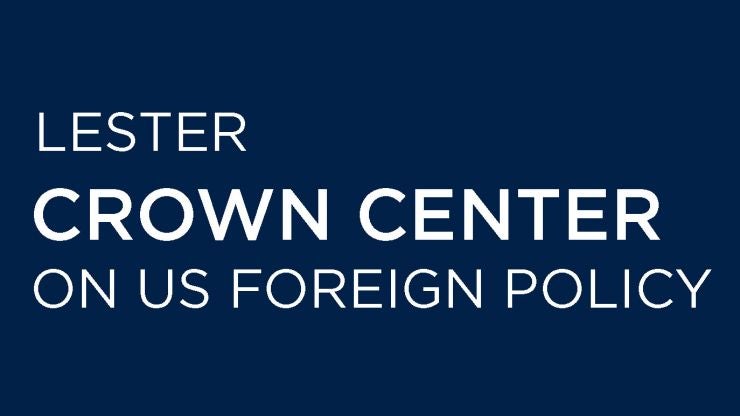Intelligence Coup of the Century: Would Americans be on Board?

What does the American public think of the American intelligence community and its efforts at global surveillance?
Public opinion of the US intelligence community
A new Washington Post report has revealed a decades-long project conducted by the CIA and the BND—the German intelligence agency—which saw the organizations providing rigged encryption devices to over 100 countries around the world until 2018 when the operation ceased. Though the BND originally conceived of the project, they exited the operation in 1993, citing fears that its European allies discovering these activities would cause considerable political fallout. While the CIA was the sole perpetrator of this effort following the BND’s withdrawal, the NSA was the main beneficiary; throughout the course of this effort, the intelligence collected accounted for about 40 percent of the NSA’s decryptions. This revelation is a shocking look into the American intelligence community’s (IC) methods and widespread efforts at global surveillance. While the operation was a boon for US intelligence, would the American public endorse such an effort?
In 2014, the Chicago Council Survey asked Americans whether they think the United States should spy on various countries—friends and adversaries alike. Americans preferred to spy on countries perceived as threats and hesitated to spy on allies, though half of Americans favored spying on Mexico (50%) and notable minorities favored spying on Israel (44%) and South Korea (40%).

While the public emphasized adversaries as the preferred subject of US spying efforts, the Washington Post report explains that the CIA did not discriminate between allies and foes, despite the BND’s qualms. Beyond specific targets of spying, do Americans think intelligence gathering is a worthwhile activity?
In the 2015 Chicago Council Survey, Americans were asked whether spying and intelligence gathering by the CIA and NSA were effective ways to achieve US foreign policy goals. Across partisan lines, Americans responded that this approach is either somewhat or very effective.

Given Americans’ belief in the efficacy of spying and intelligence gathering as a foreign policy approach, its likely that they would be amenable to accepting the CIA’s operation, particularly because it was extremely successful.
Even several years later in 2017 and 2018 in a survey fielded by the University of Texas-Austin, a majority of Americans think that the IC is either somewhat or very effective in meeting several responsibilities involving US foreign policy. Particularly, more than three-quarters of Americans say that the IC is effective in preventing terrorist attacks against the United States (83%), learning plans of hostile governments (77%), and protecting sensitive defense information from foreign governments (70%).

Overall, it seems that the American public’s confidence in the IC is not easily shaken, and so this new disclosure about the CIA’s intelligence gathering effort may evade public scrutiny. More salient is the effect the president’s opinions have on the public — should he praise or condemn the IC for this immensely successful operation, Republican opinion may follow.
For more analysis of the American intelligence community, see Council Non-Resident Fellow Josh Busby’s 2019 report on public attitudes on US intelligence.


